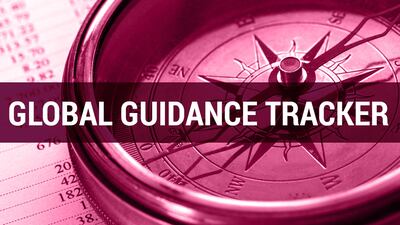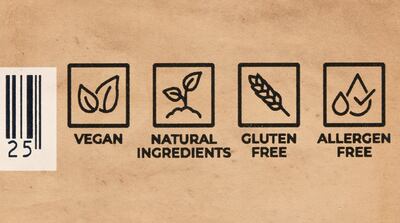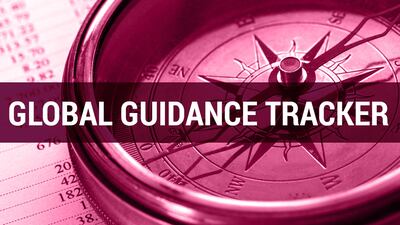Guidance Documents
Green Pharmaceuticals’ SnoreStop Nasal Spray, previously marketed as “NasoSpray,” still is available even though agency officials on multiple occasions for a month recommended a recall after an April inspection found “gross microbial contamination” in one lot.
A draft guidance document opened for comment by the FDA offers additional Q&As on issues around biosimilar applications and interchangeability.
In what could amount to a de facto enforcement mechanism, the new draft guidance also “strongly encourages” sponsors to share details about their diversity action plan and enrollment goals with the public.
Stay up to date on regulatory guidelines from around the world with the Pink Sheet's Guidance Tracker. The complete Global Pharma Guidance Tracker, with sortable and searchable listings going back to 2014, is available online.
The agency also should explain the potential consequences for sponsors if enrollment goals are not met, stakeholders say in comments on the DAP draft guidance. Some commenters urged the FDA to apply waiver criteria flexibly, especially for rare diseases.
Stay current on regulatory guidelines from around the world with Medtech Insight's Guidance Tracker. Over 40 documents have been posted on the tracker since its last update.
Stay up to date on regulatory guidelines from around the world with the Pink Sheet's Guidance Tracker. The complete Global Pharma Guidance Tracker, with sortable and searchable listings going back to 2014, is available online.
Stay current on regulatory guidelines from around the world with Medtech Insight's Guidance Tracker. Nearly 80 documents have been posted on the tracker since its last update.
The Food and Drug Administration’s final guidance outlines the agency’s thinking for sponsors submitting de novo requests electronically, which they must starting in October 2025.
The Malaysian agency’s drug review mechanism that relies on assessments by overseas regulators is now being tested for applications seeking approval for additional indications.
This week, a medical group sued the FDA to block a lab-developed test rule; the FDA published guidance on device classifications; Defibtec issued a recall of its chest compression device and ICU Medical updated instructions for its infusion pump batteries; Maui Imaging raised a $4m DOD grant to put imaging tech into military-based trauma units.
While the drug regulator has approved Eisai/Biogen’s early Alzheimer’s disease treatment, the health technology assessment institute is worried that its benefits are too small to justify its costs – a concern that Eisai has pledged to address.
The US FDA has published draft guidance for predetermined change control plans for medical devices along with recommendations for sponsors including them in marketing submissions to the agency.
Amulet announces $5.8 million in series A financing led by HealthX Ventures along with Incite Ventures, AllerFund, Mendota Venture Capital and Great Oaks Venture Capital. Allergy Amulet is for on-the-go testing of food to determine whether allergens are present.
The agency’s final guidance retains a draft recommendation for a randomized, parallel dose-response trial when comparing multiple dosages, but is more forceful in wanting sponsors to talk to the FDA early if they want advice tailored to their development programs.
Stay up to date on regulatory guidelines from around the world with the Pink Sheet's Guidance Tracker. The complete Global Pharma Guidance Tracker, with sortable and searchable listings going back to 2014, is available online.
The US FDA has published a discussion paper as part of an effort to ensure all patients have timely access to safe and effective medical devices. The agency says the paper fits into a larger strategy of promoting health equity and is seeking public comment on the initiative.
Stay current on regulatory guidelines from around the world with Medtech Insight's Guidance Tracker. Nearly 30 documents have been posted on the tracker since its last update.
The selection of study variables and effort required for validation depends on the necessary level of certainty and the impact of potential misclassification on study inference, the US FDA’s final guidance says, a change from the September 2021 draft.
A draft reflection paper by the European Medicines Agency points to the lack of consensus or guidance when it comes to demonstrating therapeutic equivalence between nasal products intended for local treatment.
ADVERTISEMENT


















